Dr. Elisbet Sahtouris
Paradigm Shifter, Futurist
By Sarah Hodges
Dr. Elisabet Sahtouris is a renowned evolution biologist, futurist, and sustainability consultant, as well as a vital member of the Still & Moving Center ‘ohana. A paradigm shifter, Elisabet holds a bold vision for a better humanity. Her insight and life purpose has become a powerful vehicle for opening people’s minds to our great human potential: working together and with nature harmoniously.
From her early childhood years on the Hudson River, to her time as an art student at Syracuse University, and later during her post-graduate studies in Biology, Elisabet keenly observed life. From childhood she wanted to know who we are as human beings, where we come from, and where we are headed. She became a paradigm shifter as a result of wanting to find a bridge between her very immersive, part-of-nature experiences early in life and the reductionist approach of Western science. Elisabet greatly respects science, but also wrestled with its pretense that scientists could remove themselves from the natural world to study it ‘objectively’, along with other foundational beliefs underlying science.
Growing up on the banks of the Hudson River with parents who trusted Nature to be the after-school caretaker of their children, young Elisabet first learned from nature rather than about nature. She initially experienced the natural world directly, without categories or concepts. Experiencing it first hand, she knew that if she scooped up baby rabbits from their burrow to lay with them before putting them back, for example, their mother would continue to care for them, while adults had told her the mother would abandon them. What the adults seemed to believe about how things worked were sometimes the opposite of how she directly observed it working in real life.
“Exploring nature on my own as a young girl had the biggest influence on me,” says Elisabet. “I still have the mud of the Hudson between my toes.”
At age 15, Elisabet took a scholarship exam which resulted in her getting free room, board and tuition for four years in any New York State university of her choosing. As a girl in the 1950s, Elisabet was told to study art despite wanting to study science; her parents telling her science was just for boys. “I was in art school at Syracuse University with Chief Oren Lyons, who became a well known Iroquois ‘Faithkeeper’. Before he became an Indian chief and before I became a scientist, we were in university together,” says Elisabet. By age 20 she had graduated, and was finally able to get to her scientific studies enrolling in a post-graduate program and going on to finish her PhD in Biology.
“For many years I bought into the materialist view of Western science, as I came to call the science I was trained in,” says Elisabet, “believing that reality was only whatever was measurable, as decreed by another of its foundational axioms.” Eventually, however, she began to explore different sciences of the world, including Vedic, Islamic and Taoist, as well as indigenous sciences, recognizing that the western science she had been taught was only one of many alternative sciences. She became a co-founder of the Worldwide Indigenous Science Network, an organization dedicated to demonstrating the existence of such sciences.
Western science says, “You can stand apart from nature as if it’s something separate from you.” Eastern and Indigenous sciences, in contrast, do not separate the observer from the observed nature, knowing the scientists to be within nature.
With support from a Japanese sponsor, Elisabet organized several Foundations of Science Symposia that brought together top scientists and philosophers of science to clearly identify the foundational axioms of the different sciences. She also recognized that Quantum scientists within the Western tradition, had turned to Vedic science to explain their results, and that this led to a movement within science known publicly as ‘Paradigm shifters.’ The symposia uncovered that while Western science was materialist, Vedic science proved essential in Quantum science, and Islamic science is a living science, with the belief that Allah created a living world and told his believers to study it as such. The next symposium is intended to study Taoist science, which emphasizes the role and responsibility of humans within Nature.
Elisabet enthusiastically explains how this way of bringing great scientific minds together could parallel the Parliament of World Religions with a Global Consortium of Sciences that can share their knowledge as well as provide checks and balances on each other.
As a US and Greek citizen, Elisabet has traveled extensively delivering lectures, conducting workshops, and making media appearances on every continent. She has provided consultation services to corporations and government organizations across the globe, including Australia, North and South America, Europe, Asia and Africa. She currently lives in Hawai’i where she served as a Professor in Residence at Chaminade University, co-designing courses in Island Economies with Native Hawaiian elders.
She is a founding member of Rising Women, Rising World, an organization that promotes a vision for the sustainable well-being of humanity, a member of the Scientific and Medical Network, and holds a chair in Living Economies at the World Business Academy. Her impactful presence extends beyond academia, with appearances in influential films, including Occupy Love, I Am, Femme, Love Thy Nature, and Money & Life. She shares her vision and mission across the globe, working towards this better future.
Elisabet shared a point which I believe we should all consider, and which I hope will spread into wider public sentiment: “What’s on my mind right now is a problem with extremism,” explains Elisabet. “Nature is always doing ‘both – and.’ In our current Western political system we have two opposing sides, the conservative, trying to maintain what exists, and the ‘radicals’, or change-makers, working for change towards a new vision. Nature shows us that both of these roles are needed. “Nature conserves the things that work well, and radically changes what does not work well. The two parties that we have should be in a cooperative arrangement where leadership represents and recognizes this partnership of conservation and change-making.”
Elisabet continues to teach and share her insights and the connection that she draws between the scientific and natural world to share ideas for a better future for humanity. You can meet and hear her live on Still & Moving Center’s Saturday Gems From the Wisdom Traditions conversation circle.
https://stillandmovingcenter.com/2020/07/gems-from-the-wisdom-traditions-a-dialogue-circle-live-online/
http://www.sahtouris.com

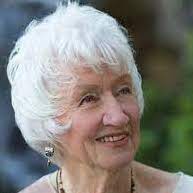
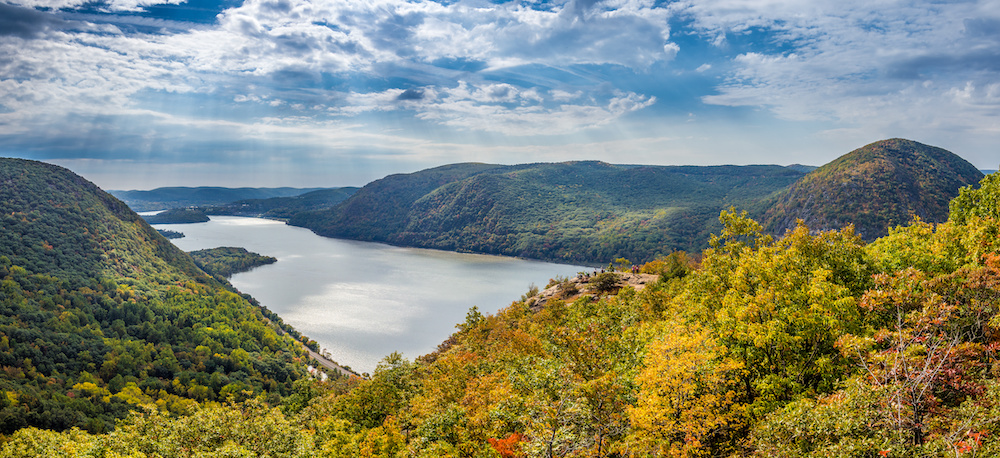
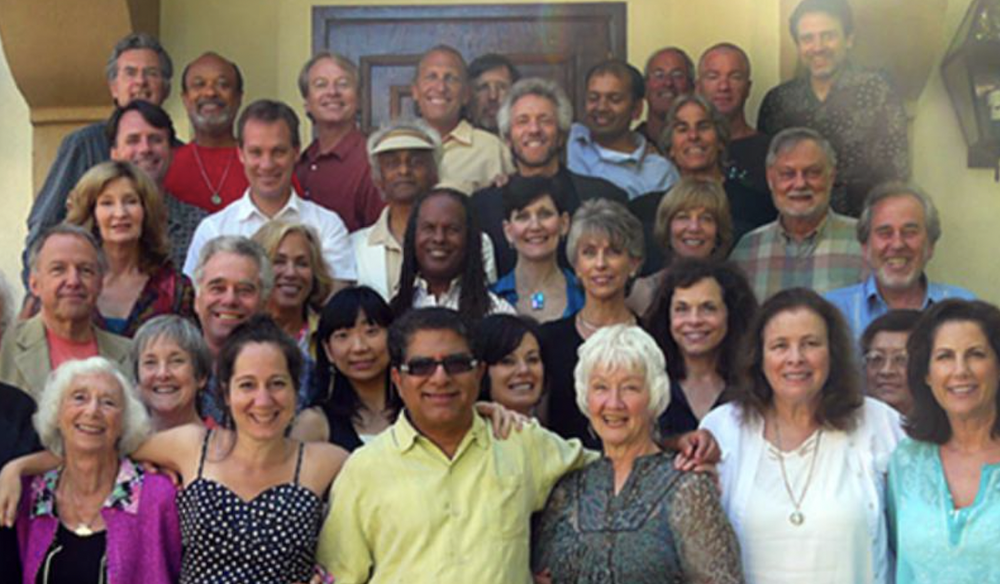
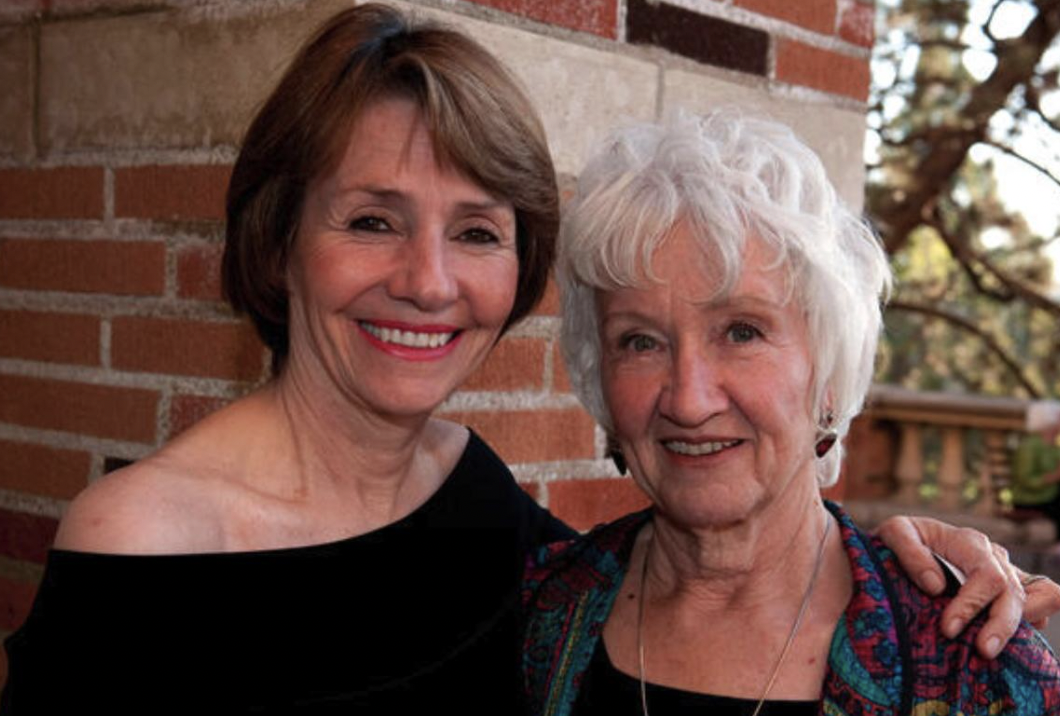
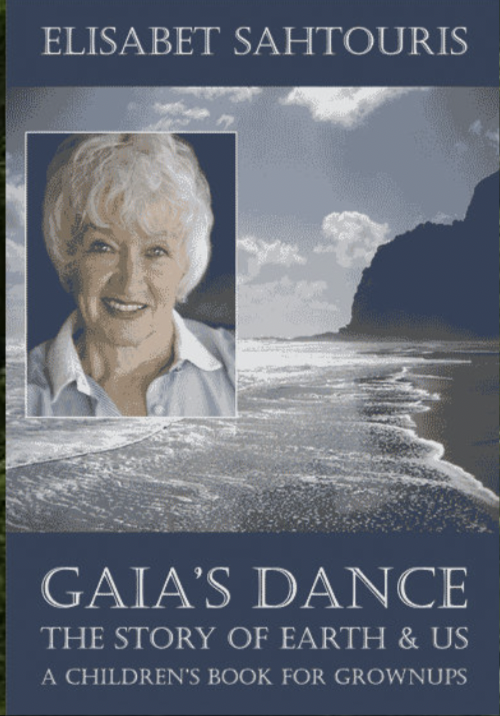

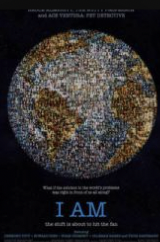
Get the Still & Moving App
This post is also available in: 日本語 (Japanese)

